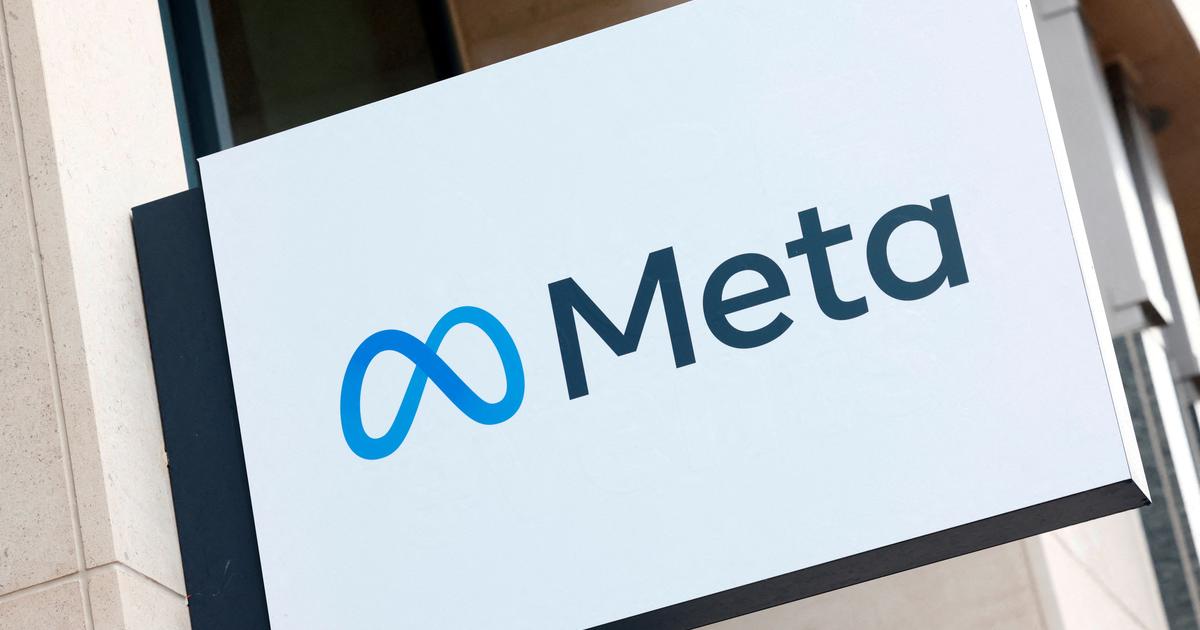Damascus - Sana
Today, the Ministry of Internal Trade and Consumer Protection issued a set of decisions setting out penalties and fines for violations according to Legislative Decree No. 8 of 2021.
Resolution No. 1087 specified the fines and penalties for anyone who suspends the sale of a material, product or commodity on the sale of a material, product or other commodity, unless it includes a commercial offer or in case it contravenes the decisions and instructions issued by the Ministry and the conditions for annual sales and licenses.
It also specified penalties for anyone who trades directly or through an intermediary in materials, products or goods that do not fall within the scope of his trade or his usual profession without obtaining the necessary license and whoever violates the provisions of Article 6 of the Legislative Decree that stipulates the supplier's commitment within a maximum period of seven days from the date of Discovering the existence of a defect in the material or product, informing the Directorate of this defect and its potential damages, and declaring that it has stopped producing or dealing with the product.
Resolution 1088 specified a mechanism to regulate consumer protection control necessary to watch in cases of bad bread making, selling flour or dough, whatever the quantity, and stopping the production of ration bread from flour without justification to stop without informing the concerned directorate and selling bread by the number in the event that the quantity exceeds one kilogram and the weight is proven The bread was soaked in water, and gas stations stopped selling despite unjustified allocations, without informing the concerned directorate.
The cases also include the absence of a statement card or the lack of information specified by the ministry, the absence of an information card in the Arabic language, the lack of volume, weight, number, length or volume, fraud in the goods itself with respect to materials that are visible to the naked eye, and the use of irregular units of measurement.
Cases also include seizing the violator with the flagrante delicto and in possession of materials used for fraud, foodstuffs, or raw or semi-finished materials that are spoiled for the purpose of using them in manufacturing, in addition to the presence of foodstuffs offered for sale under storage conditions that violate the storage conditions stipulated on them.
It also includes fraud in the data and images advertised on the packages, soaking or injecting the chicken with water in the chicken ghee shops, combining two types of meat in the butcher's shops only, and not announcing the type of ghee used in confectionery shops and the possession of vegetable margarine in the confectionery shops with animal ghee and display or sale of detergents Excessively do not carry a declaration card and remove the lead seals and the seals that depend on fuel pumps in stations and centers and fuel distribution cars, or the presence of circuits with the intent to tamper with the material or the absence of a non-return valve, as well as the use of printed paper and black nylon bags in packing exposed foodstuffs intended for direct use or providing food In recycled packages that do not comply with sanitary conditions, or reuse of plastic containers intended for one-time use in packing foodstuffs.
Cases also include possession and use of prohibited industrial colorings in foodstuffs, combining real and traditional jewelry in one store, and collecting electronic cards with the intention of trading in the materials they contain, trafficking in relief materials, and trafficking in unknown materials.
Under Resolution 1089, price-setting committees are formed in each governorate, which includes a member of the executive office of the relevant provincial council, the director of internal trade and consumer protection, a representative of the Ministry of Agriculture and Agrarian Reform, a representative of the Chambers of Commerce, Industry, Agriculture, Tourism, the Peasants' Union or the Craftsmen Union, as the case may be, and the Head of the Prices Department Directorate of Internal Trade and Consumer Protection.
According to the decision, the task of the committee is to determine the prices of local materials, products, goods and services, determine the allowance for the performance of services that have an impact on the prices of materials, goods and services, and determine the prices and service performance allowances in hotels, restaurants, cafes, parks and all stores that provide food and drink that are not eligible or classified as tourism.
The decision obliges the committees to adhere to the Ministry's instructions on the basis for which prices and service allowances must be determined according to them, provided that each committee shall seek the assistance of whomever it deems appropriate from the concerned public authorities according to the nature of the materials, products, goods or services to accomplish its tasks and hold its meetings inside or outside the official working hours. 15 days or whenever necessary at the invitation of its chairman. The compensation for each of the committee's chairman and members shall be determined in accordance with the laws and decisions regulating this.















